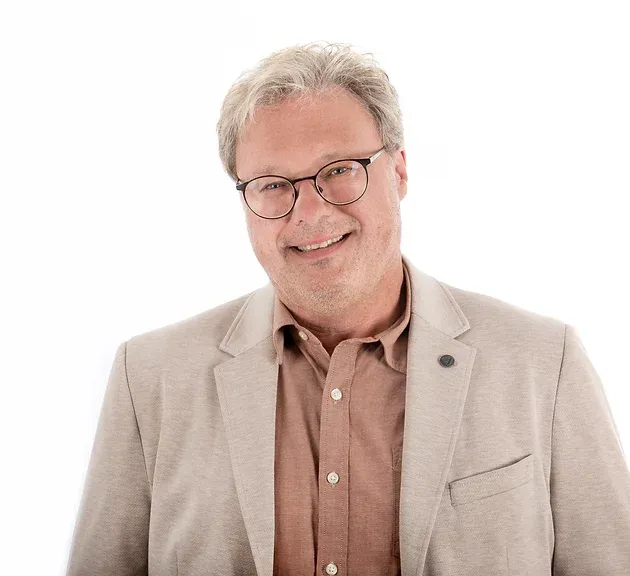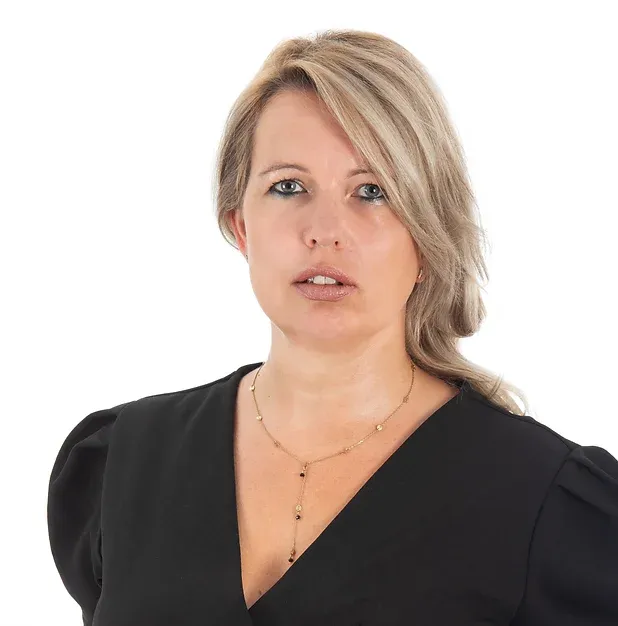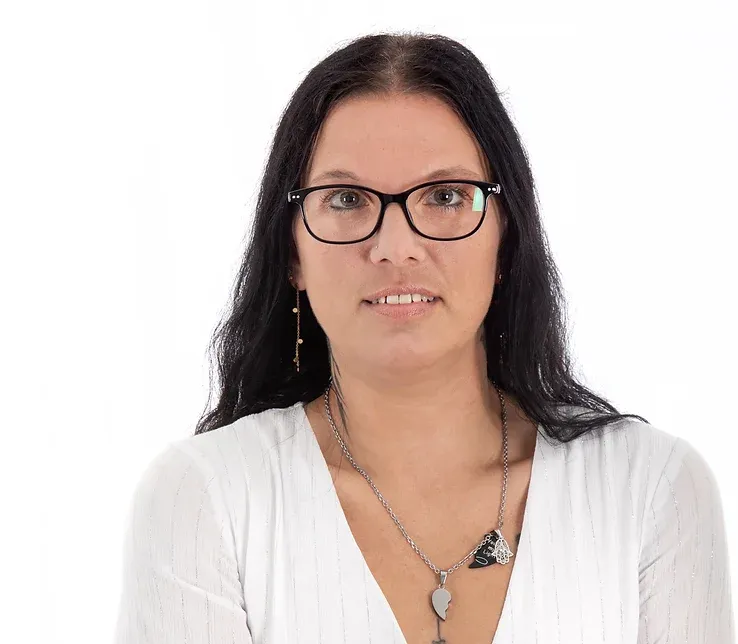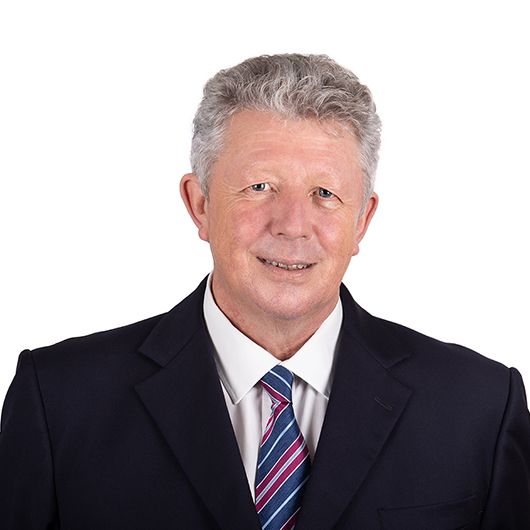
Liberty Party — Liberté Fräiheet in Luxembourg (LF)
We'll explore various facets of the LF party, its structure and representativeness, as well as the leadership under Roy Reding's guidance and influential figures shaping the party's trajectory.
In the dynamic realm of Luxembourg's political landscape, a new player has emerged, and its name carries a promise of freedom and reform. Liberté Fräiheet, founded by Roy Reding in July 2023, marks a significant departure from his previous affiliation with the Alternative Democratic Reform Party (ADR).
Liberté party at a glance
With a mere few months of existence, Liberté is already gearing up for the upcoming October legislative elections. Positioned firmly between the center-right and right-wing spectrum, this choice reflects its founder's political background. While the exact contours of Liberté's ideology are still taking shape, there is anticipation that it may inherit certain elements from ADR's political orientation.
In the realm of ministerial roles, the Liberté Party does not hold any ministerial positions within the government. In 2023 they have participated in the General Elections with a result of 42,653 votes, equal to 1.13% share of all votes. It did
In 2023 they have participated in the General Elections with a result of 42,653 votes, equal to 1.13% share of all votes. It did not, however, gave them any seats at the Chamber.
Political Guide

Struвcture and representativeness
As of its formation in June, the Liberté party commenced its journey with an initial cadre of 60 members, and additional members may have joined since then. However, the current membership figures remain undisclosed to the public, with no official visibility on the current count.
The inner life of a party


Electoral system divides the country into four constituencies. The number of seats allocated to each constituency is proportional to its population
People and influence in the party
Key personnel profiles
Regarding parliamentary representation, while Liberté is a recently established party and currently lacks members in the legislative branch, it's noteworthy that the party's leader, Roy Reding, currently serves as a Deputy in the Chamber of Deputies. However, it's important to clarify that he assumed this position while still a member of his former party, the ADR (Alternative Democratic Reform Party). Luxembourgish government.
Leaders of the party




Other key members of the party




In the realm of ministerial roles, the Liberté Party has not yet participated in legislative elections and consequently does not hold any ministerial positions within the government.
As for European representation, it's essential to note that, as the Liberté Party was founded in 2023, it has not yet had the opportunity to participate in European elections. The European elections are scheduled for 6-9 June of 2024. Thus, the party's foray into the European Parliament remains a prospect.
Liberté’s current political stance
Liberté Party derives its name from the core value of freedom, a foundational principle that underpins its political mission and guiding ideology.
According to the party's perspective, over the years, fundamental rights constitutionally guaranteed to citizens have faced disproportionate and often surreptitious erosion. This trend became especially apparent during the pandemic, with many politicians, nearly across the board, imposing authoritarian measures on citizens. Liberté Party asserts that this pattern predates the pandemic and continues beyond its declared end.
The party and its cornerstones
Central to Liberté's platform is the conviction that fundamental rights should only be restricted in exceedingly rare circumstances, and even then, only with the utmost respect for proportionality. They advocate for the accessibility of the Constitutional Court as a recourse for both lawmakers and citizens if they believe that proportionality has been disregarded.
Party views visualization
The LF party prioritizes individual freedom and seeks to reduce state interference in people's lives, especially regarding the control and pubishment. They believe in the principle of self-determination and feel that modern politics lacks respect for people's choices.
In terms of climate change initiatives, the LF party believes that while addressing environmental concerns, the financial burden on citizens from measures like the CO2 tax and stringent energy standards has led to significant social challenges. They advocate for a balanced policy that protects the environment without neglecting social needs or pushing extreme measures.
To delve deeper into the specifics of their platform and understand their stance across various societal domains, a detailed examination of their electoral program is necessary.
Political program for 2023 elections
Liberté Party's comprehensive political program spans various fields, each reflecting their core values and policy priorities. Here we offer you a condensed summary of their vision across five key areas.
Liberté Party advocates for patient autonomy in healthcare decisions, opposing any scenario where treatments are denied, or medical professionals face legal consequences for acting in their patients' best interests.
They emphasize the need to reduce state interference in healthcare and strengthen liberal medical practices to address shortages of healthcare professionals effectively. Additionally, they support the development of alternative medicine alongside traditional healthcare.
The party calls for a more efficient allocation of police resources, focusing on crime hotspots to ensure the safety of all citizens. They aim for a society where individuals can move freely without fear of violence, emphasizing the need for decentralized police stations operating 24/7.
Addressing housing shortages and rising rents, the Liberté Party proposes measures such as reduced registration fees and incentives for private investments in housing. They recognize the need to bridge the demand-supply gap in housing, ensuring affordable and accessible options for all.
Liberté Party emphasizes the importance of a high-quality public education system that ensures equal opportunities for all children, regardless of their socio-economic background or nationality. They call for the establishment of an independent national mediation body to address issues affecting teachers. They reject forced integration through language and support international schools and programs while valuing the promotion of their native language.
The party places a high priority on environmental conservation, animal welfare, and sustainable agriculture. Their vision includes maintaining clean and biodiverse ecosystems, supporting organic farming practices, and ensuring fair and predictable policies for farmers. They advocate for consistent regulations, equivalent standards for imported products, and long-term planning in agriculture.
Party representation
Given that the party's founder, Roy Reding, hails from the ADR (Alternative Democratic Reform Party), it is likely that some members of this former party may find resonance with Liberté's platform. Roy Reding has suggested that the ADR has adopted an increasingly populist discourse, and a segment of the population historically aligned with ADR's values may now gravitate toward Liberté.
Electorate demographics
Nonetheless, it's also reasonable to anticipate that historical voters from other parties may align with the values of liberty championed by Liberté.
| LF | LSAP | CSV | Greens | |
| Environment | Middle | Low | Low | High |
| Electorate | Older | Older | Older | Young |
| Trade unions | No | Yes | Yes | Yes |
| Secularism | Yes | Yes | No | Yes |
Liberté Party office is located in Luxembourg City
- Office location: 8 Rue Notre Dame, Luxembourg
- Phone number: (+352) 2 86 66 81
- Official website: fraiheet.lu
Brief history of the party
While the Liberté Party is in its infancy, its roots and founding motivations offer insight into its emergence in June and July of 2023.
Roots of the party: Summer of 2023
- One significant catalyst for the party's birth was the dissatisfaction of its founder, Roy Reding, with his former party, the ADR, for not including him as a candidate in the upcoming legislative elections. Having represented the ADR for over a decade, Reding found this exclusion unacceptable, prompting him to seek a new political path.
- Another driving force behind the Liberté Party's formation was a growing discontent with what Reding perceived as increasingly populist rhetoric within his former party. This dissatisfaction with the party's evolving discourse contributed to his decision to break away and create a new political entity.
- Against this backdrop, the groundwork for the party's foundation was laid on July 9, 2023, as a manifesto circulated among like-minded individuals who shared similar sensibilities. These shared values, discussed in preceding sections, culminated in a meeting of 60 individuals, leading to the formal birth of the Liberté Party. Though in its nascent stage, the party is already positioned to shape Luxembourg's political landscape with its distinctive principles and vision.
Who is Roy Reding, the leading candidate and founder of the LF

- Reding began his political journey with the ADR, a party whose principles resonated with him. He aimed for a seat in the Council of State of Luxembourg in 2005 and was elected as Secretary-General of the ADR in 2006.
- He contested in both the national and EU parliaments in the 2009 elections. Though he narrowly missed a national parliament seat, he later secured it in the 2013 snap elections after Jacques-Yves Henckes exited the party.
- Upon becoming a Member of Parliament in November 2013, Reding was part of several key Parliamentary Commissions and represented Luxembourg in the Benelux Parliament. He was re-elected in the 2018 elections with a notable increase in votes.
Frequently Asked Questions (FAQ)
Who is Roy Reding, and what role does he play in the Liberté Party?
What are the key principles and values of the Liberté Party?
What are the Liberté Party's plans for participating in upcoming elections?
Source: fraiheet.lu, lb.wikipedia.org, today.rtl.lu, lequotidien.lu, paperjam.lu, facebook.com, virgule.lu
We took photos from these sources: Liberty Party website; Liberty Party Facebook official page; Wikimedia